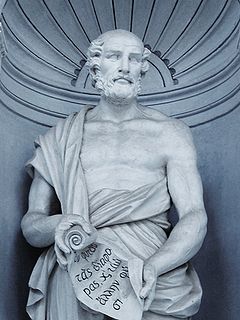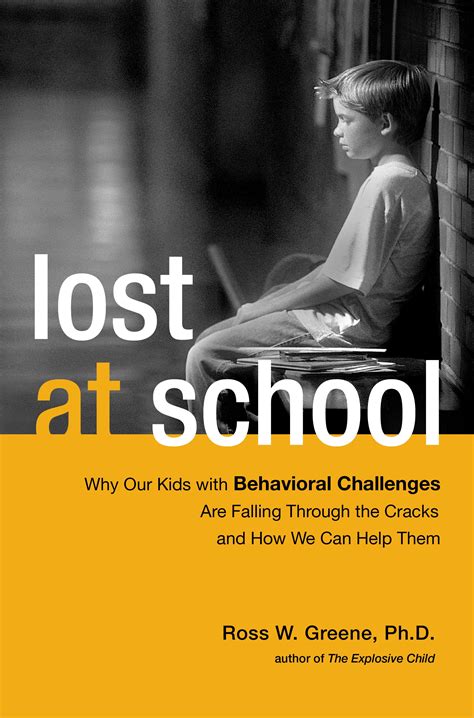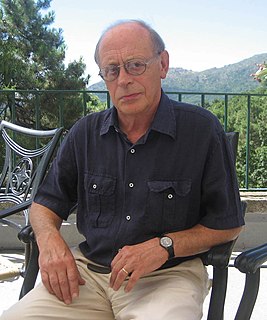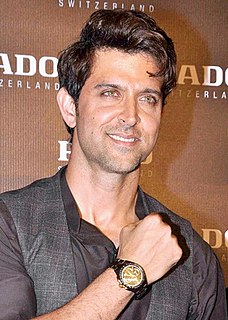A Quote by Theophrastus
We must consider the distinctive characters and the general nature of plants from the point of view of their morphology , their behavior under external conditions, their mode of generation, and the whole course of their life.
Related Quotes
Our time has been distinguished, more than by anything else, by a mastery, a control, of the external world, and by an almost total forgetfulness of the internal world. If one estimates human evolution from the point of view of knowledge of the external world, then we are in many respects progressing. If our estimate is from the point of view of the internal world, and of oneness of internal and external, then the judgment must be very different.
But every point of view is a point of blindness: it incapacitates us for every other point of view. From a certain point of view, the room in which I write has no door. I turn around. Now I see the door, but the room has no window. I look up. From this point of view, the room has no floor. I look down; it has no ceiling. By avoiding particular points of view we are able to have an intuition of the whole. The ideal for a Christian is to become holy, a word which derives from “whole.
What are plants doing? What are plants all about? They serve human beings by being decorative, but what is it from its own point of view? It's using up air; it's using up energy. It's really not doing anything except being ornamental. And yet here's this whole vegetable world, cactus plants, trees, roses, tulips, and edible vegetables, like cabbages, celery, lettuce - they're all doing this dance.
It does not matter what name you attach to it, but your consciousness must ascend to the point through which you view the universe with your God-centered nature. The feeling accompanying this experience is that of complete oneness with the Universal Whole... This God-centered nature is constantly awaiting to govern your life gloriously. You have the free will to either allow it to govern your life, or not to allow it to affect you. The choice is always yours!







































